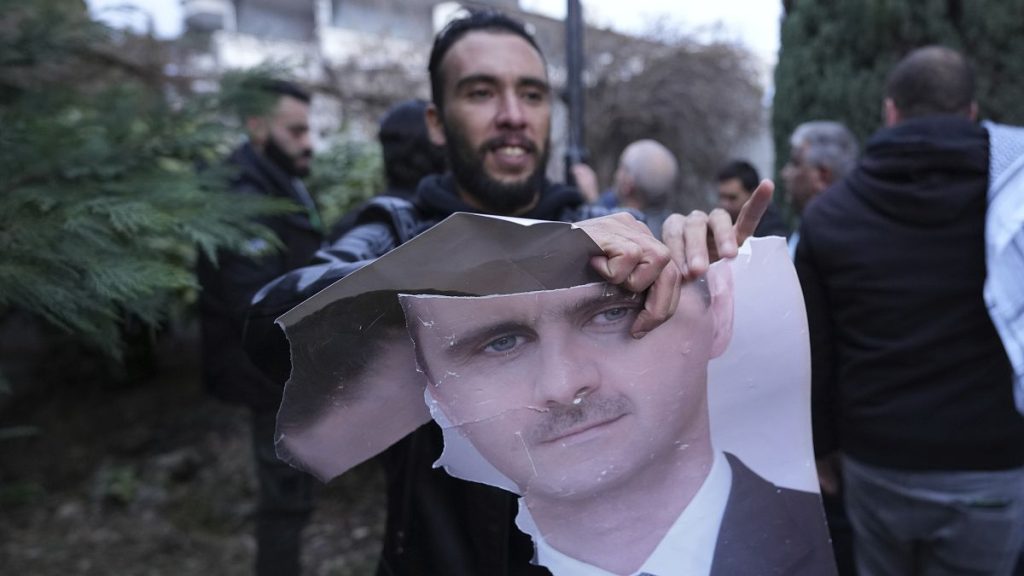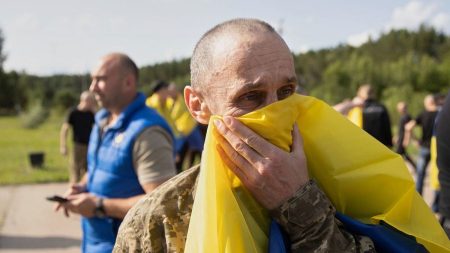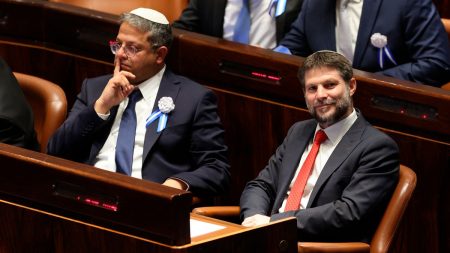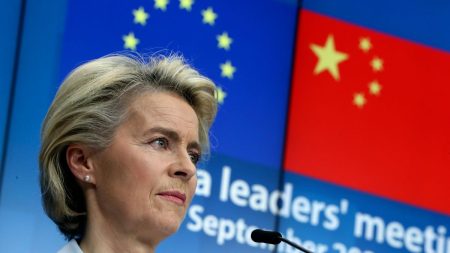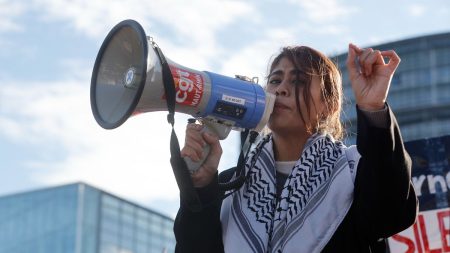The Syrian civil war, a brutal conflict ignited in 2011 amidst the Arab Spring uprisings, has left an indelible scar on the nation and its people. President Bashar al-Assad’s violent crackdown on peaceful protesters, who initially sought democratic reforms, spiraled into a full-scale civil war by 2012. This devastating conflict has forced over 14 million Syrians to flee their homes, creating one of the largest refugee crises in modern history. While a significant portion of these displaced individuals remain internally displaced within Syria, millions have sought refuge in neighboring countries like Turkey, Lebanon, Jordan, Iraq, and Egypt. Others have embarked on perilous journeys to Europe, hoping for safety and a new beginning. The news of Assad’s downfall, though yet to be officially confirmed, has ignited a wave of complex emotions amongst these scattered communities, ranging from incredulous joy to cautious optimism and a profound yearning for return.
Across Europe, Syrian refugees expressed their reactions to the news, each story reflecting the profound personal impact of the conflict. In France, the overwhelming sentiment was one of disbelief and elation. Years of oppression under Assad’s regime had instilled a sense of incredulity at the prospect of freedom. For some, like Amal Rifard, it was a dream realized, a release from decades of humiliation. Others, like Thabet Fared Al Aech, expressed tearful joy, acknowledging the immense sacrifices made by their families and friends for this day. The longing to return and rebuild their shattered homeland resonated deeply.
In Belgium, the desire to return to Syria was palpable. Refugees expressed a deep connection to their homeland, emphasizing their desire to live peacefully and rebuild their lives. The sentiment of hope for a better future was echoed by those in Finland, where Diyaa Mouhamad articulated the shared joy and anticipation for freedom and democracy in Syria. The hope for peace, a constant refrain throughout the interviews, underscores the profound yearning for stability and an end to the protracted conflict.
In the United Kingdom, the news of Assad’s potential departure was met with a mix of relief and cautious optimism. Amina Khoulani voiced the hope for an end to the violence and the beginning of a democratic future for Syria. The desire for immediate return was evident, with some refugees looking for the first available flight back to their homeland. Similar sentiments were expressed in Austria, where refugees expressed gratitude for the support received from European nations while maintaining their hope for a peaceful return to a rebuilt Syria. The distinction between a civil war and a revolution, emphasized by one refugee named Hussain, highlights the complex narrative surrounding the conflict.
In Switzerland, Shady Ammane described the news as the happiest day of his life, emphasizing the unity of the Syrian people under a single flag of liberation. The gathering of people from different faiths and backgrounds symbolized the shared hope for a united and free Syria. The reactions in the Netherlands were more measured, with a mix of joy and uncertainty about the future. Despite the uncertainty, the underlying optimism and the collective determination to rebuild Syria were evident.
In Germany, the news evoked strong emotional responses, with refugees expressing the personal toll of the conflict on their families. The joy and hope for a unified Syria transcended religious and ethnic differences, reflecting a collective desire to heal and rebuild. Many expressed a strong intention to return to Syria, even those who had established lives and gained citizenship in Germany, highlighting the enduring connection to their homeland and the desire to contribute to its recovery. The overall message from these scattered voices is one of resilient hope. Despite the years of suffering and displacement, the Syrian people have not relinquished their dream of a free and peaceful homeland. The news of Assad’s potential downfall, while met with varying degrees of caution and uncertainty, has ignited a spark of hope for a brighter future, a future where they can finally return home and rebuild their lives.




